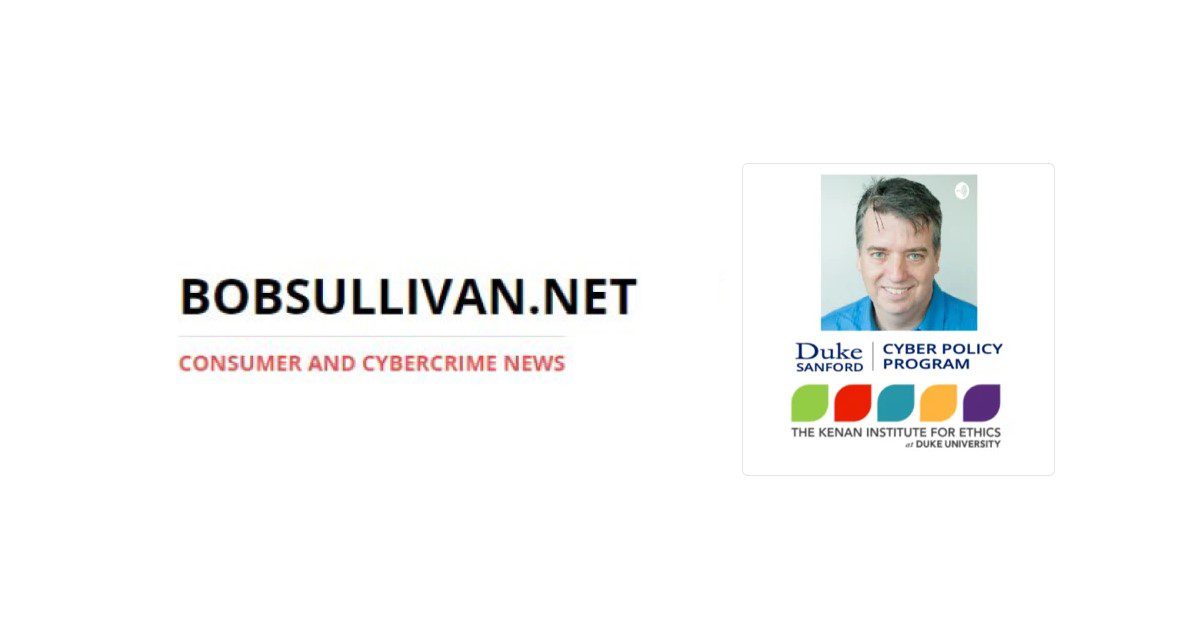
I like a good challenge as a storyteller. And let me tell you, making “third-party code” sound sexy is a challenge. But that recent Apple ad showing an army of people following a cell phone user around, cataloging his every move — well, that’s real. It’s hard to believe, but the commercial actually understates the problem.
Every day, with every click you make and every app you swipe, a virtual army of companies you’ve never heard of are tracking you. Their 1×1 pixels and browser fingerprints lurk in every corner of the Internet, privacy landmines vacuuming up data about every aspect of your life.
I know you’ve heard this before, and I’ll bet you assume companies like Facebook and Google are tracking you to this degree — but you probably don’t realize, or don’t think about, the hundreds of small companies that attach themselves to name-brand websites like CNN.com which track you in the same way.
Why do they do that? So later, the billions of pieces of information collected about us can be married to billions of dollars being spent trying to get our attention. Over and over and over: a mindless search for anxiety medicine or sexual dysfunction is auctioned off to the highest bidder, and shared with thousands of other firms. The result? A gigantic one-way mirror that not only intrudes on our most intimate thoughts but logs them forever, making them easy prey for murky data brokers and creepy hackers alike. For the rest of Internet time.
That’s what this podcast is about. The Internet has a third-party problem — a number of third-party problems, really — and it’s time we talked about them.
To help me with this storytelling problem, I’ve enlisted the help of some real experts for this podcast — including Jeff Orlowski, director of the hit Netflix docu-drama The Social Dilemma. Orlowski certainly succeeded in making technology and privacy conflicts sexy. Also, you’ll hear from Chris Olson of The Media Trust; Jason Kint from Digital Content Next; and Jolynn Dellinger from Duke University. Debugger is brought to you by Duke University’s Sanford School of Public Policy and the Kenan Institute for Ethics.
Please listen to the podcast:



